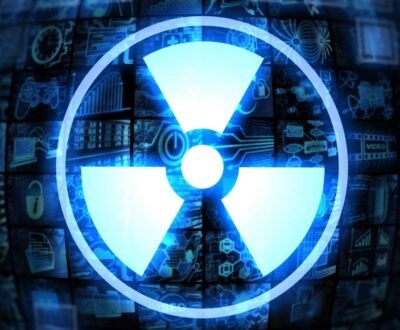Imaging technology can bring about revolution in the field of brain injuries. Right imaging technique can help the practitioner to perform complicated brain surgery to diagnosis traumatic brain injury and brain stroke.
Traumatic brain injury is responsible for about 1.7 million admissions in the emergency room. It also accounts for 30% of the total traumatic injury deaths in US only. In such situation, an accurate diagnostic technique will help to save so many lives at it can help from the point of diagnosis to treatment at each step.
Multi-detector CT scan is the imaging technique of choice for the fresh blood hemorrhages while MRI also provides an alternative for the detection and evaluation of diffuse lesions to chronic lesions and pathologies. Unfortunately both of the techniques have limitations as both of them have limited portability, high cost and large footprint.
Over the years, newer techniques were introduced. Flat-panel detector-based cone-beam CT is one such technique. This is lighter in weight, thus is portable. But current versions of FPD-BCT have a disadvantage too. They are unable to detect soft tissue lesions correctly because of poor contrast, lower image uniformity, higher number of artifacts and higher noise.
A Johns Hopkins research team is working day and night to improve the image quality of the technology. This team comprises of Department of Biomedical Engineering Professor Jeffrey Siewerdsen and researchers in the I-STAR Lab in collaboration with clinical experts in Neurology Dr. Vassilis Koliatsos and Radiology Dr. Nafi Aygun. This team further said that the correction done in the technique would make it better for the diagnosis of intracranial hemorrhage. This will further motivate translation and development of a dedicated system for this application.
About us and this blog
We are a teleradiology service provider with a focus on helping our customers to repor their radiology studies. This blog brings you information about latest happenings in the medical radiology technology and practices.
Request a free quote
We offer professional teleradiology services that help hospitals and imaging centers to report their radiology cases on time with atmost quality.
Subscribe to our newsletter!
More from our blog
See all postsRecent Posts
- Understanding the Challenges of Teleradiology in India January 19, 2023
- Benefits of Teleradiology for Medical Practices January 16, 2023
- Digital Transformation of Radiology January 2, 2023









